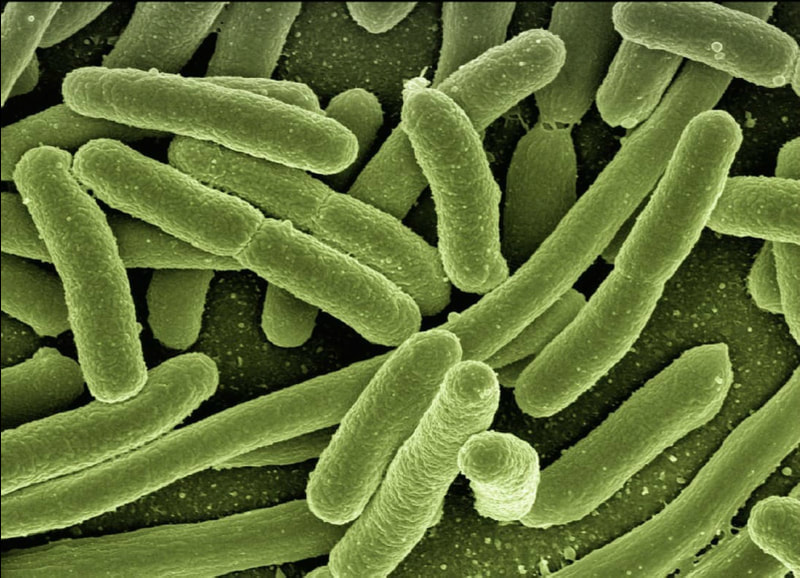Do Certain Behaviors Negatively Affect Mental Health?
For many people, struggles with mental health are common and pervasive issues. Conditions like depression and anxiety are known to have detrimental effects on one’s social life, but most people are unaware that it can also wreak havoc on a physiological level, with implications that include nausea, chronic inflammation, and potentially even immune system disorders. This is especially true for an often overlooked segment of the population--college students. Across the United States, reports of severe mental distress on college campuses are increasing in frequency. While the problem is long-standing, new insights have identified a rough sequence of interrelated behavioral patterns that lead to negative emotional states and lower academic performance.
While it seems intuitive that a chain of bad lifestyle habits would lead to a corresponding decline in grade point average, there was little statistical proof to support that statement until the release of the findings from a study conducted by Binghampton University. It found that certain “destructive” behaviors such as substance abuse, excessive alcohol intake, and erratic sleep patterns are correlated to poorer grades and depressive states. In contrast, “virtuous” behaviors like substance abstinence and regular sleep schedules contributed to higher grades and less mental distress.
While it seems intuitive that a chain of bad lifestyle habits would lead to a corresponding decline in grade point average, there was little statistical proof to support that statement until the release of the findings from a study conducted by Binghampton University. It found that certain “destructive” behaviors such as substance abuse, excessive alcohol intake, and erratic sleep patterns are correlated to poorer grades and depressive states. In contrast, “virtuous” behaviors like substance abstinence and regular sleep schedules contributed to higher grades and less mental distress.
Image Source: energepic.com
The psychological drivers behind these behaviors are the neurochemical sources of “good” study habits (discipline, focus, etc.), which can function as finite quantities in a student’s typical day at college. The study emphasized that these traits are “controllable factors” and should be recognized as the first steps towards or away from the final state of mental distress. If, for example, a student chronically takes Adderall to cram for exams, there is a higher probability that the student’s mental well-being will decrease, simply because the drug can change circadian rhythms and lead to a whole host of other unhelpful side effects, such as daytime fatigue and abnormal emotional reactivity.
The study’s conceptual core was the discovery of a vicious cycle propagating mental distress. Similar to the feedback inhibition of carbohydrate breakdown during digestion, habitual substance abuse was found to lead to poorer grades, and then to increased mental distress, a state that begets additional unhealthy coping mechanisms--namely, more substance abuse.
Things like impulse control and attention span may seem to be governed by the mind, but they also originate from the body. To prevent mental distress, the study recommends that students catalogue their actions accordingly, as every recreational decision--however innocuous--can have lasting effects on brain function, emotional stability, and mental health.
The study’s conceptual core was the discovery of a vicious cycle propagating mental distress. Similar to the feedback inhibition of carbohydrate breakdown during digestion, habitual substance abuse was found to lead to poorer grades, and then to increased mental distress, a state that begets additional unhealthy coping mechanisms--namely, more substance abuse.
Things like impulse control and attention span may seem to be governed by the mind, but they also originate from the body. To prevent mental distress, the study recommends that students catalogue their actions accordingly, as every recreational decision--however innocuous--can have lasting effects on brain function, emotional stability, and mental health.
Featured Image Source: Pixabay
RELATED ARTICLES
|
Vertical Divider
|
Vertical Divider
|
Vertical Divider
|






